The world recycling organisation’s International Trade Council session on 29 October was addressed by Sanjay Mehta, Director of the Material Recycling Association of India (MRAI), who said it was “really disheartening” when developed countries sought to impose restrictions because of fears that India was causing pollution and disruption to the environment. “We should not forget that India is the fastest-growing country in the world,” Mr Mehta said. “If such regulations are imposed on us, it will impact not only India, but the entire international recycling world.”
At issue is the implementation of the EU’s updated Waste Shipments Regulation. A key element is that, as a non-OECD country, India has a deadline of 21 February 2025 to tell the European Commission which material streams it wants to import. If that application is made, then the EU insists that what it calls “non-hazardous waste” can be exported only if it is managed “in an environmentally sound manner” by facilities in India which are independently audited.
Mr Mehta said MRAI had been meeting the Indian Government officials for 18 months and was “100% optimistic” they would make the necessary applications for importing scrap streams from the EU. He also praised the domestic authorities for a “very positive” approach to recycling by proposing various policies including the mandatory use of recycled metals in new products and extended producer responsibility (EPR) for non-ferrous metals, plastics, tyres, e-waste, end-of-life vehicles and batteries. He also thought that existing import duties on non-ferrous scrap would disappear by 2027.
Grinding halt
MRAI fears that if India does not qualify for EU exports it will have a severe impact on its members. “The entire recycling industry will come to a grinding halt by disrupting free and fair trade in our country,” Mr Mehta told BIR delegates, adding it would also imbalance markets in both India and the EU.
The political element of international trade was also in sharp focus during the session when Brian Henesey, Vice-President, Rocky Mountain Recycling Inc. (USA), considered the possible outcome for recycling of the forthcoming US presidential election. Mr Henesey believed a win for Vice-President Kamala Harris would probably mean “more stability within global trade or global trade with the United States” but it was not yet clear what her policies would be in this area.
However, he pointed out, former president Donald Trump “loves tariffs”, believing they help reduce the budget deficit. “It's also a way to protect American industries and jobs, and to pressure countries to change their unfair trading practices.” Mr Henesey reminded delegates that Mr Trump had promised tariffs on Chinese goods of 60%. Regardless of who won, he said, “the ship has already left port” and tariffs will not disappear.
In response, recyclers had to develop a global strategy for recycled materials and their industry to make it clear it is not about waste. “We produce and manufacture quality materials necessary for the goods of everyday use. That's one thing as an industry we can focus on, to continue to communicate work with policy makers on a global basis. We need to emphasise and communicate that recycled materials conserve natural resources.”
Smaller LME contracts
Another speaker, Joe Vu, Senior Vice-President, Head of Financial Sales, Asia, for LME (SGP), set out “probably the most impactful change we've had in 150 years”. In September, LME published a white paper on enhancing liquidity which goes out to consultation shortly for implementation by the end of 2025. There would be greater transparency and more support for the physical market, Mr Vu promised. “Essentially, enhancing liquidity makes buying and selling much smoother and benefiting everyone in the market.”
LME is responding to calls for smaller contracts, perhaps down to one tonne instead of the current 25 tonne minimum. “One lot on the LME for copper is a quarter of a million dollars,” Mr Vu explained. “We will look down towards a one-tonne contract and to support the industry as well.” He did not commit to a time frame but said: “The first step is to grow liquidity in the monthly contract that would then allow us to build into the small-sized contracts.”
The ITC session was the first one masterminded by recently appointed ITC Chairman Emmanuel Katrakis, Director of Public and Regulatory Affairs, Galloo (BEL/FRA) who highlighted greater emphasis from BIR in recent years on advocacy. After 15 years of working in Brussels, he believed in the quote: “If you’re not at the table, you’re on the menu.” Mr Katrakis said part of the advocacy drive would be the imminent publication of a position paper on free trade. He concluded by emphasizing that the most efficient tools to accelerate the transition towards a low-carbon and circular economy were not trade restrictions but recycled content targets that drive the demand for recycled materials in products.


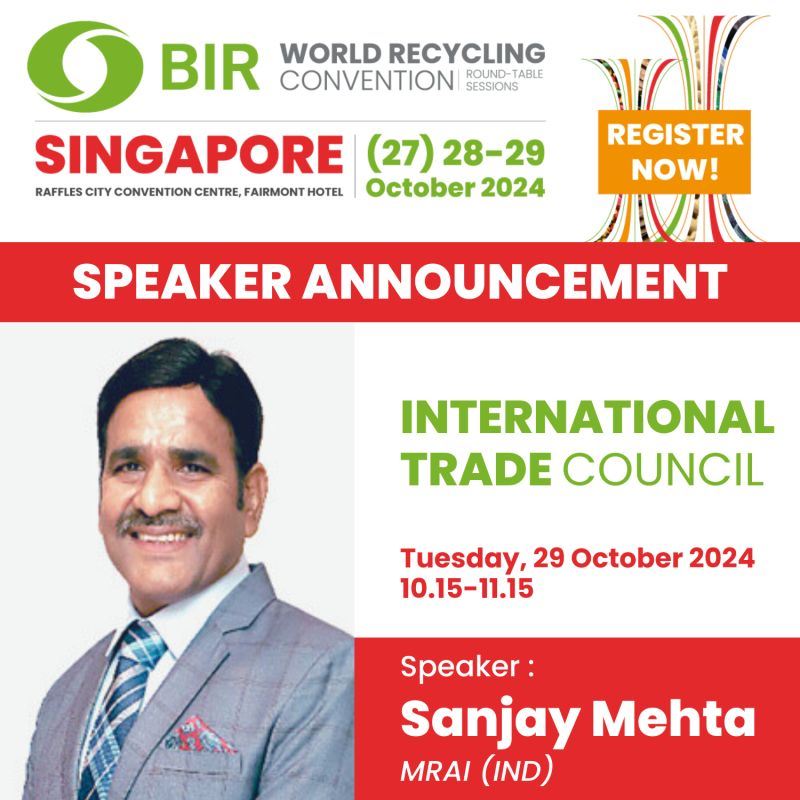
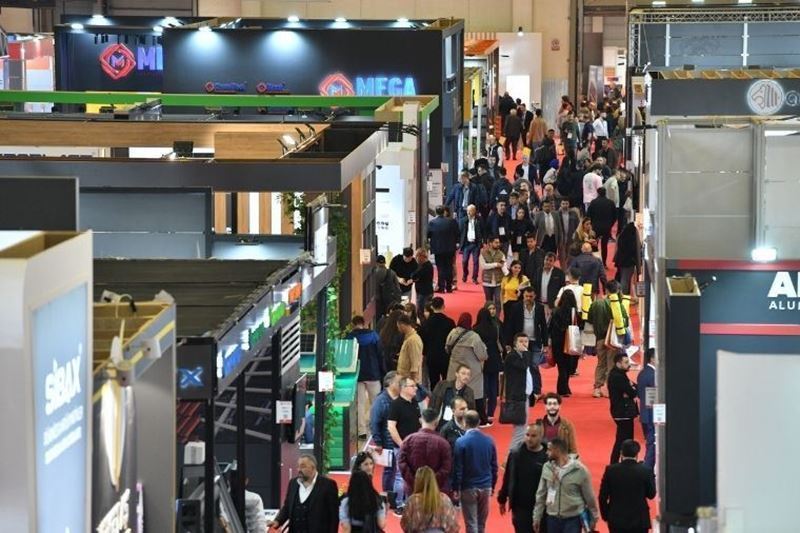
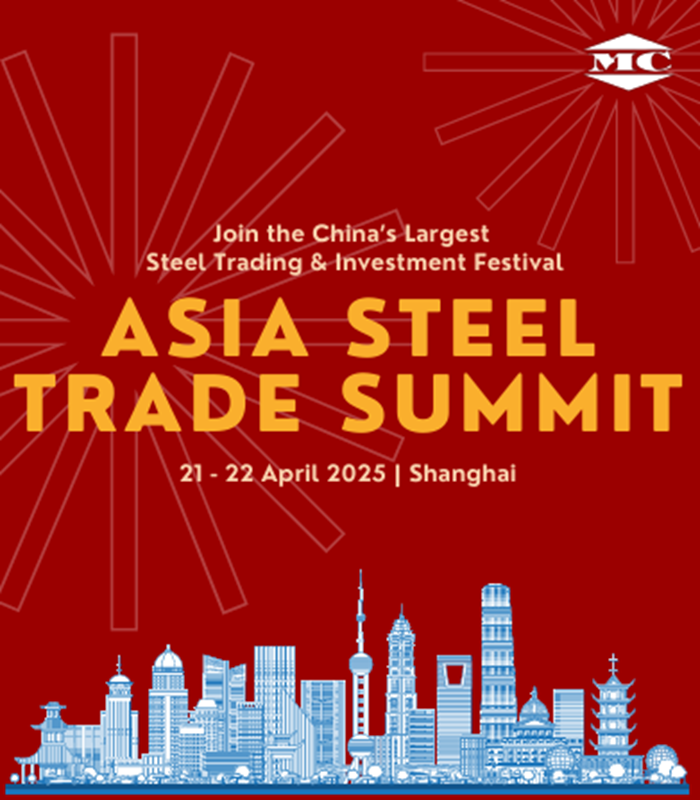
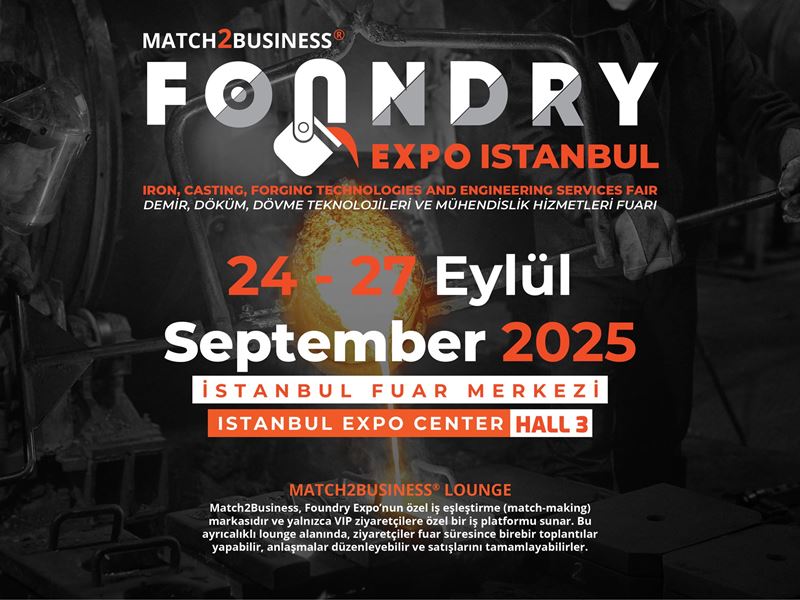
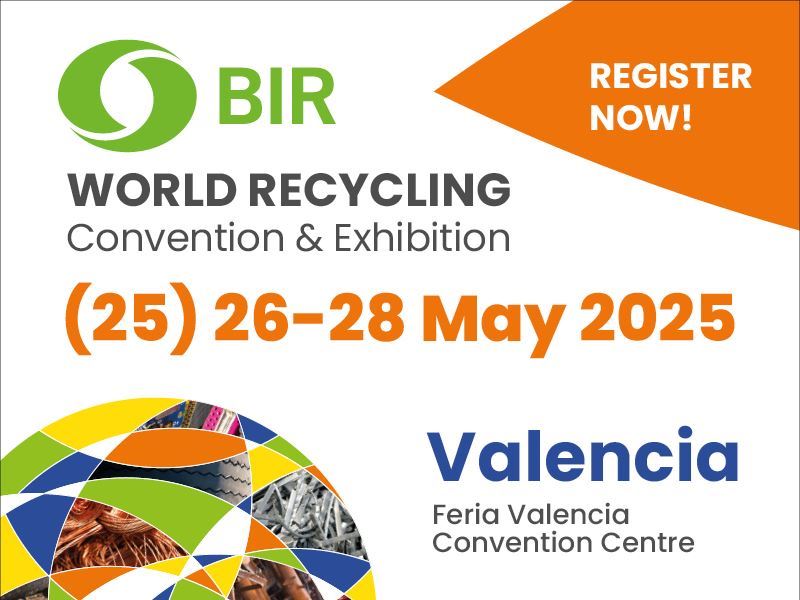


Comments
No comment yet.